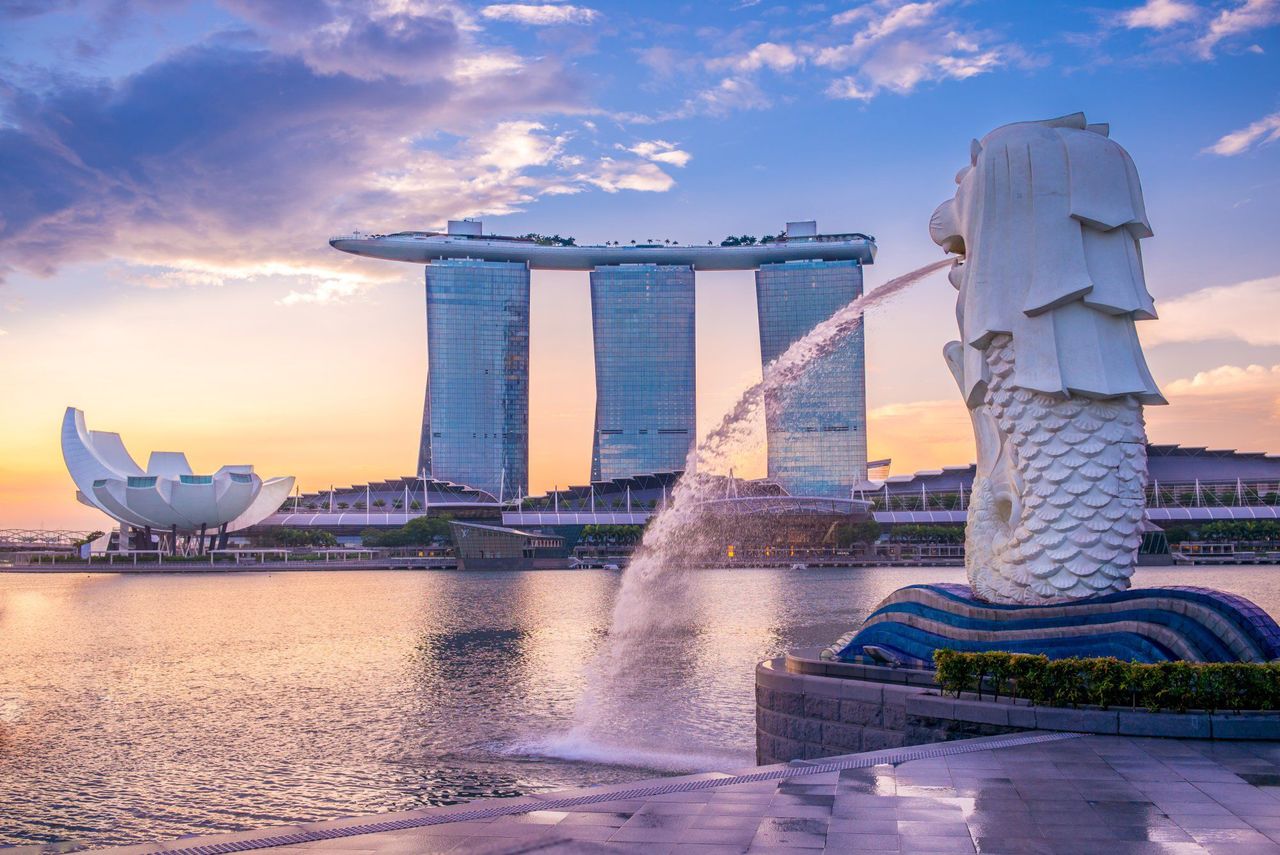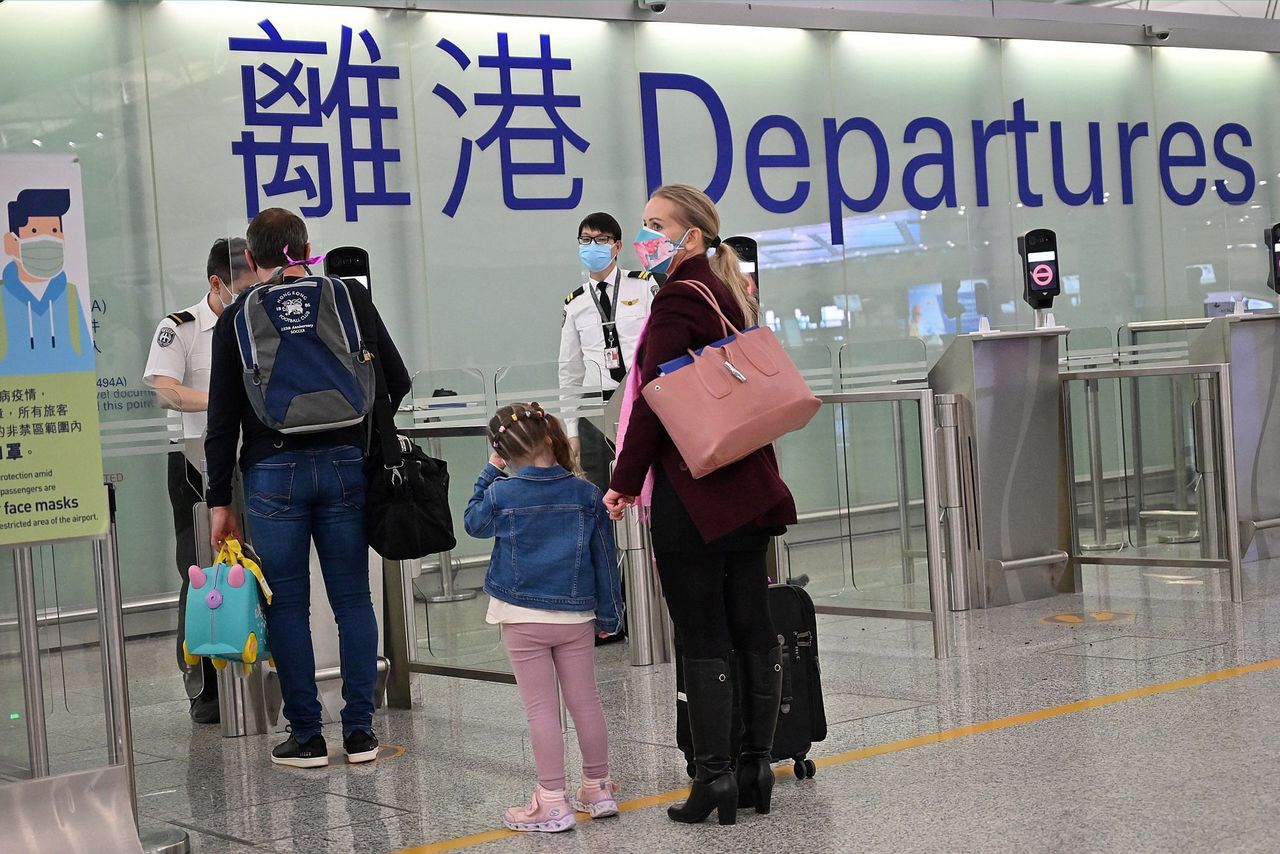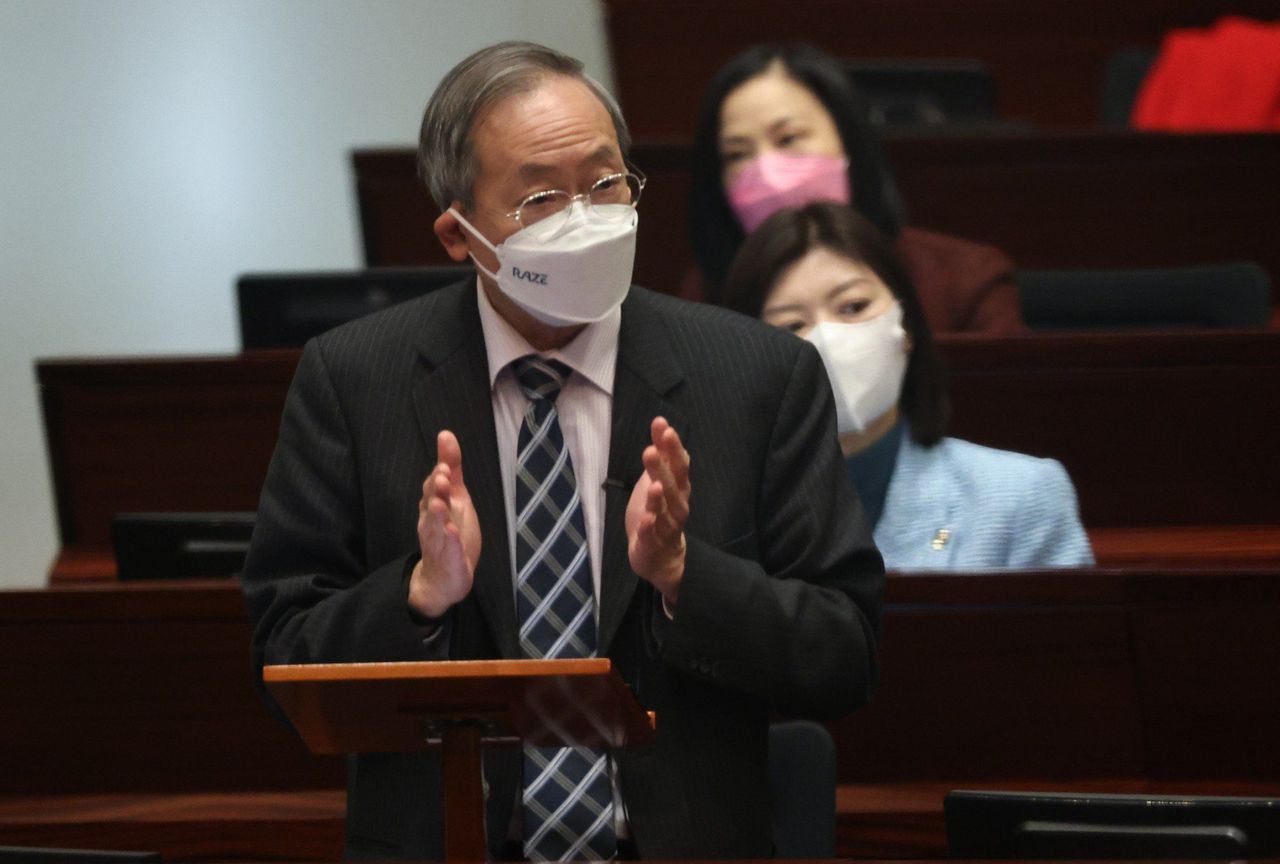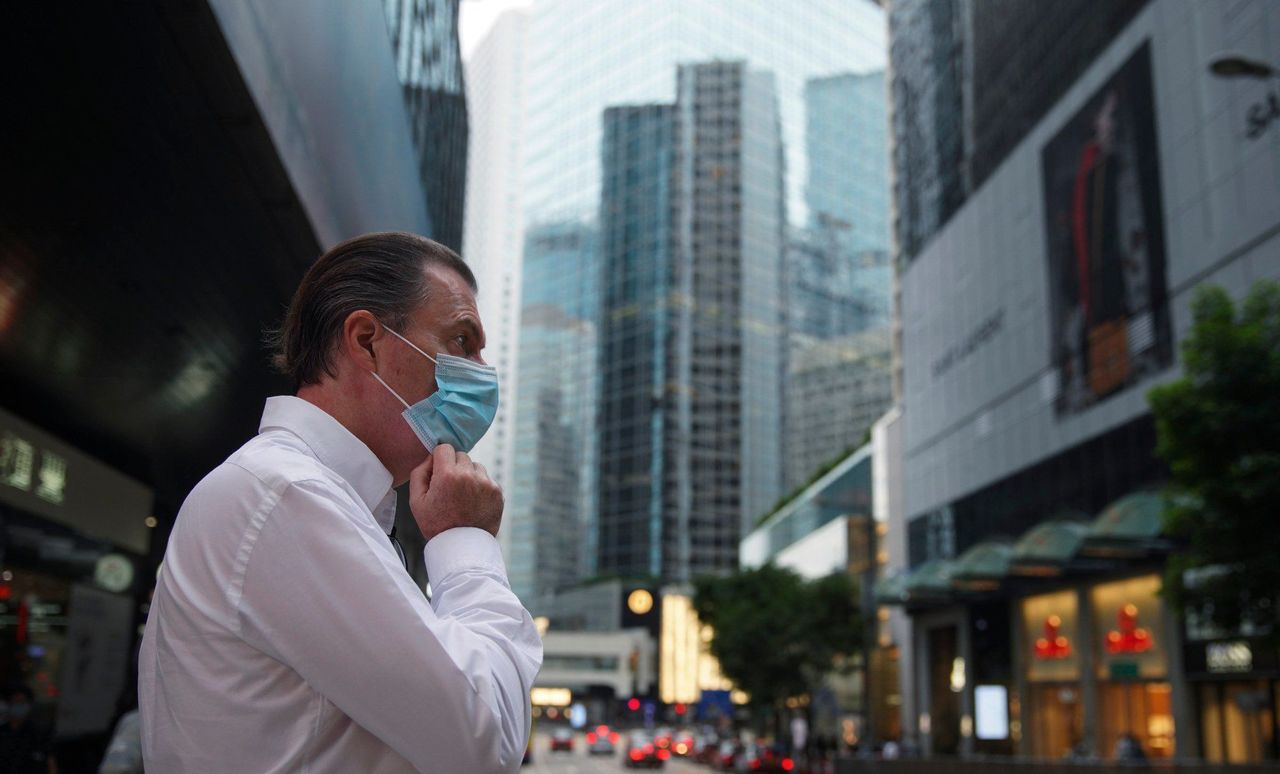Hong Kong News

Can Hong Kong win the talent race with Singapore? Cut red tape, experts say
Hong Kong needs an official agency to identify talent to woo with lucrative packages, analysts have said, after the city was overtaken by Singapore in a recent global competitiveness ranking.
Existing schemes to attract talent should be improved and freed of red tape, they said, and the current high taxes paid by non-locals who buy property ought to be relooked at too.
Hong Kong slipped from third to fourth position in the world in the Global Financial Centres Index released in September, while Singapore moved up from sixth to third spot, behind New York and London.
 Singapore has overtaken Hong Kong in the latest global financial rankings.
Singapore has overtaken Hong Kong in the latest global financial rankings.
The six-monthly ranking by the China Development Institute in Shenzhen and the London think tank Z/Yen Partners, rated 120 cities on five broad areas of competitiveness.
Compared with the last ranking in March, Hong Kong fell behind Singapore in all five areas of competitiveness – human capital, reputation, business environment, infrastructure and financial sector development. Among them, the city’s reputation suffered the biggest hit, falling from third to ninth in the world.
The report suggested that Hong Kong’s ongoing travel restrictions were a key factor affecting its ability to conduct “normal levels of business”.
 Hong Kong’s strict pandemic travel restrictions are a major hindrance in attracting talent to the city.
Hong Kong’s strict pandemic travel restrictions are a major hindrance in attracting talent to the city.
Heiwai Tang, an economics professor at the University of Hong Kong (HKU), said the city suffered as many expatriates had left over the past two years because of harsh Covid-19 measures that included compulsory quarantine for travellers.
Those arriving in Hong Kong had to spend as long as three weeks in quarantine in designated hotels during the pandemic, before the period was reduced gradually to 14, seven and three days.
Since last month, travellers no longer have to be quarantined and must monitor themselves for Covid-19 for three days under a “0+3” regime, but there have been calls for the city to lift its travel restrictions entirely.
“Cities are attractive if they are suitable for people to work and have a good life. Both of these deteriorated in recent years,” Tang said.
He is among 11 HKU Business School academics who released the Hong Kong Economic Policy Green Paper 2022 last month, urging the government to improve its current talent policies.
They highlighted red tape in the Technology Talent Admission Scheme, as employers were restricted to hiring foreign skilled workers only on two-year contracts and had to employ at least one Hongkonger in a related position for every foreigner hired.
Calling for action on housing for expatriates, they said taxes imposed on property buyers a decade ago to discourage speculation had deterred people from coming to Hong Kong.
Mainland Chinese and other non-local buyers purchasing property in Hong Kong must pay a 30 per cent stamp duty, double the amount that locals who are not first-time buyers have to pay.
The scholars said the current rule drastically increased the cost of living for non-locals, and suggested giving those who became permanent residents a full refund of the double stamp duty.
“This will encourage new talent to buy property, increasing the probability of their staying in Hong Kong,” they said in the report.
 Hong Kong lawmaker Lai Tung-kwok has argued that the city lacks an agency focused on identifying talent needs.
Hong Kong lawmaker Lai Tung-kwok has argued that the city lacks an agency focused on identifying talent needs.
The issue of stamp duty waivers for non-local buyers also emerged when major political parties met city leader John Lee Ka-chiu last month to present their wish list ahead of his first policy address on October 19.
The New People’s Party suggested waiving the extra stamp duty for non-locals who buy homes after living in the city for at least three years.
But party vice-chairman Lai Tung-kwok said Hong Kong’s biggest problem in attracting talent was that it lacked an agency focused on identifying the city’s manpower needs and taking steps to draw talent from abroad.
“We should consult the relevant sectors, draw up a talent list, and attract these people to come,” he said.
Existing schemes also needed improving, said Lai, formerly the city’s security minister and immigration chief.
The Quality Migrant Admission Scheme, for example, allowed university graduates from overseas to move to Hong Kong before securing a job, but the application process could take half a year.
“Even after they come, they must renew their visas every one or two years. This is very troublesome,” he added.
In contrast, he said, Singapore had recently introduced the Overseas Networks and Expertise (ONE) Pass offering five-year visas to top executives paid a fixed monthly salary of S$30,000 (HK$168,000). He said this was something Hong Kong could consider doing.
Pointing to Britain’s High Potential Individual work visa policy aimed at attracting graduates of 50 universities worldwide, he said: “Hong Kong could do this and include tertiary education institutions from the US and mainland China.”
Technology sector lawmaker Duncan Chiu Tat-kun also complained that while Singapore’s Economic Development Board and Manpower Ministry had taken the initiative to attract talent from abroad, Hong Kong’s efforts and existing talent schemes fell short.
He said the Global STEM Professorship Scheme, to attract specialists in science, technology, engineering and mathematics, had brought more than 60 professors and their research teams to Hong Kong, but should be extended to include associate professors too.
 Experts have urged the Hong Kong administration to learn from Singapore
and mainland China in offering lucrative packages for high-ranking
expats.
Experts have urged the Hong Kong administration to learn from Singapore
and mainland China in offering lucrative packages for high-ranking
expats.
He urged the government to learn from Shenzhen’s Peacock Plan and Beijing’s “Thousand Talents” programme, which hired overseas talents and top researchers.
Under the Peacock Plan, top talents are offered one-off allowances, ranging from 800,000 yuan to 1.5 million yuan (about US$113,500 to US$215,000), and other perks for their dependents, housing and healthcare.
The “Thousand Talents” programme set clear targets for the number of people to be recruited, something Hong Kong did not do, Chiu said.
Associate Professor Walter Theseira of the Singapore University of Social Sciences said the city state’s schemes were generally “very market driven and market responsive”.
“The Singapore government keeps a close eye on the economy and on the needs of employers, and if there is feedback that there are skills or capabilities that are hard to find locally, or that current employment systems are causing difficulties for business, the government responds,” he said.
“The ONE Pass scheme is just the latest example of a policy that has been adopted no doubt in response to concerns raised by the business community.”











